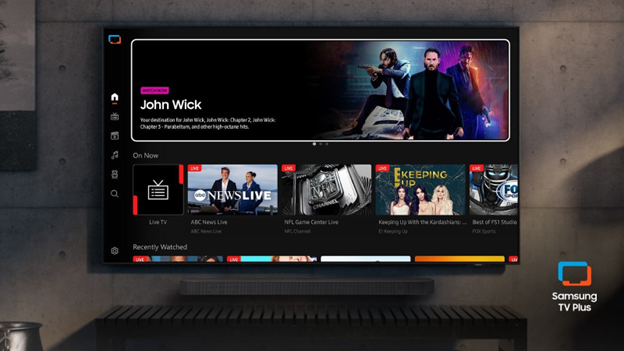FCC Begins Proceeding on Smart Radios
As mentioned in last week's RF Report, the FCC considered "smart radios" at its open Commission meeting Thursday. The Commission adopted a Notice of Proposed Rulemaking (NPRM) and Order with proposals on the use and applications for cognitive "smart" radio systems. The NPRM and Order have not been released, but the content was summarized in an FCC News Release FCC Opens Proceeding on Smart Radios.
Smart radios have the technical capability adapt their use of the spectrum (power, modulation, etc.) in response to information external to the radio. This allows them to choose the optimal frequencies and power to use while avoiding harmful interference. By sensing use of a channel, they can also take advantage of this spectrum when the channel isn't being used.
The news release mentioned several possible applications of smart radios. Licensed spectrum users could deploy them for their own use to increase spectrum efficiency or to lease spectrum access to third parties while retaining the ability for real-time access to the spectrum. Public safety entities could use them to improve interoperability with other public safety licensees. Smart radios could serve as a communications bridge between two different radio systems -- "effectively translating the signals from one service into the format and frequency of another." The FCC also sees the potential for this technology to allow unlicensed devices in limited bands to use higher power in rural and underserved areas.
The Notice seeks comment on ways to remove regulatory impediments to the development and deployment of smart radio technologies and proposes changes to the Commission's equipment authorization system to accommodate them. It also seeks comment on "specific applications for smart radios, such as mesh networks and real-time frequency coordination between NGSO satellite and other services."
I'll have more information on this when the NPRM and Order are released. While the proceeding is separate from the "interference temperature" proceeding described in previous RF Reports, interference temperature methodology will be important to the deployment of some smart radio systems and smart radios are required to implement the interference temperature methodology.
The professional video industry's #1 source for news, trends and product and tech information. Sign up below.
